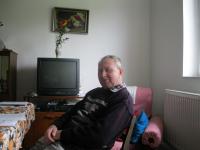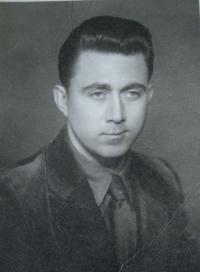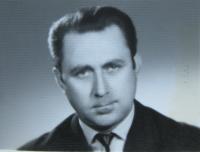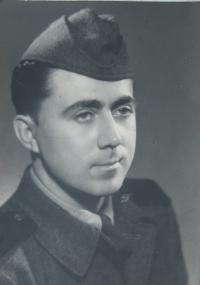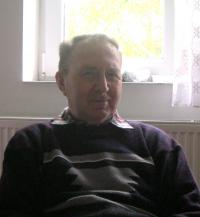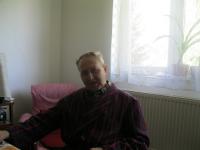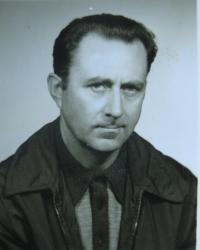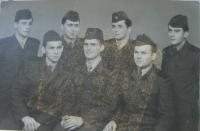When I saw what was going on, I felt like I had to escape Czechoslovakia and go to the West
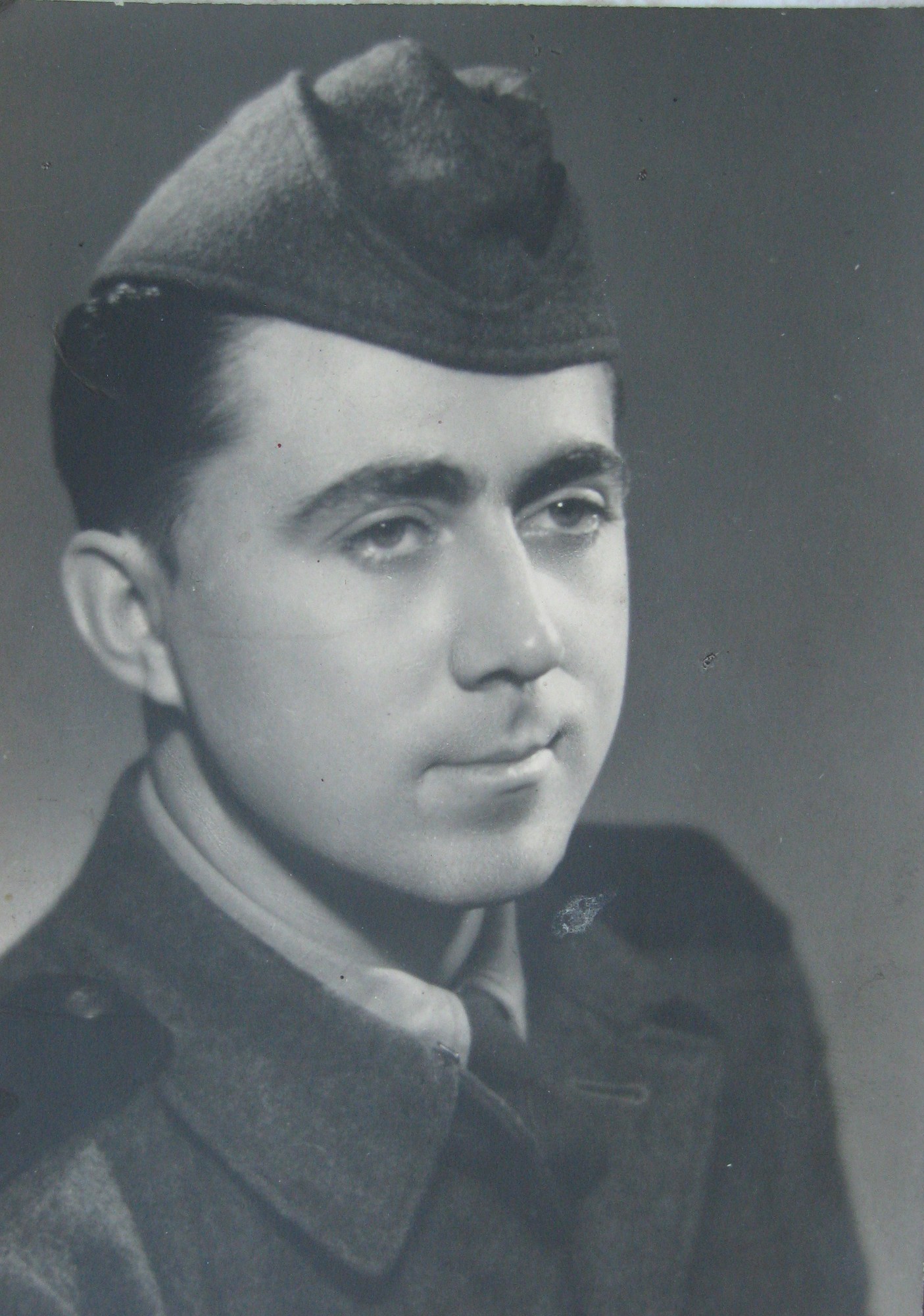
Download image
Josef Lešinger was born in 1930 in Česká Třebová. After February 1948 (at age 18), he decided to flee to the West. He was arrested during his second attempt to leave Czechoslovak territory. In December 1951, the district court in Bratislava sentenced him to 14 months of hard labor in the Jáchymov uranium mines. Besides the Jáchymov mines, he worked in the Ležnice and Barbora labor camps. Shortly after his release from the camps (after he served his term), he was assigned to the auxiliary technical squads (so-called PTP) and worked another two years in the mines of Ostrava. After he was finally released into civilian life, he was constantly under oversight and was only allowed to work in workers’ professions. On November 27, 1990, he was rehabilitated. He presently lives in Česká Třebová.
